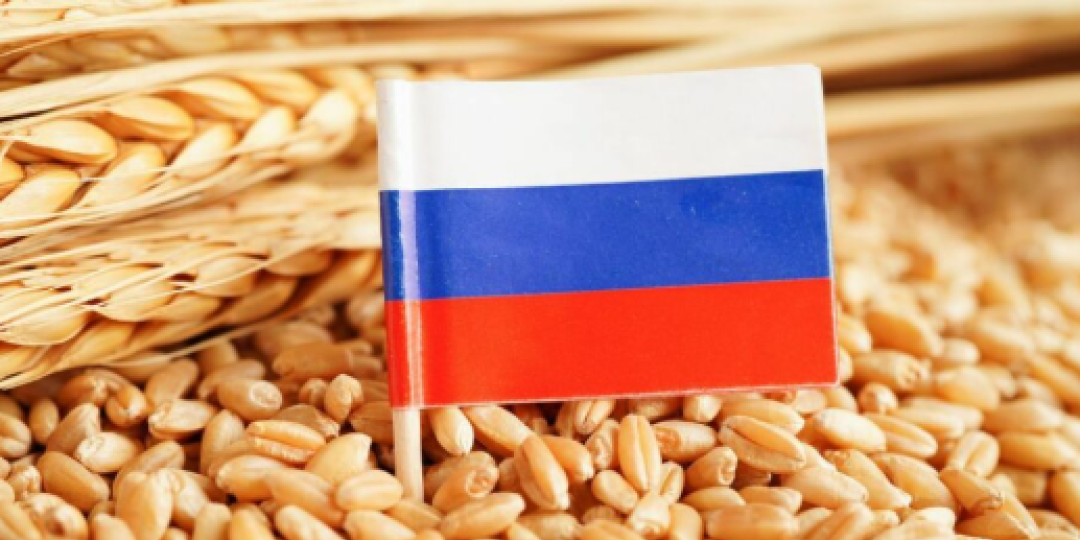Wheat importers are smiling all the way to the bank due to tardy implementation of the variable tariff that ought to protect local wheat.
Up until the end of January, some R21 million in wheat tariffs went unpaid because the wheat import tariff was not adjusted expeditiously after international prices dropped below the reference price at which the tariff ought to be increased.
Since December 3, 2023, the wheat import tariff should have been R549.45/tonne, instead of the current R422/tonne.
According to data from the South African Grain Information Service, 164 028 tonnes of wheat was imported from December 7, 2023 until January 31. Of that, more than 77% was from the Russian Federation, and the remainder from Latvia and Romania.
This in itself is a problem for the local wheat market, as the wheat type on which the reference price is based is not the same as the majority of wheat imported to South Africa. Whereas the local tariff is based on the international price of US no. 2 hard red winter wheat, which most closely resembles local wheat in quality, more than 60% of imported wheat originates in Eastern Bloc countries, where it's cheaper.
The lengthy administrative process required to implement the tariff changes has long been a bone of contention for the agricultural sector. According to producer organisation Grain SA, the long-term average for the time-lapse between a tariff triggering and being implemented is 44 days. Last year, this average grew to 71 days.
Three government bodies are involved in the process of adjusting the tariff: the Minister of Agriculture, Land Reform and Rural Development, the Department of Trade, Industry and Competition, and the International Trade Administration Commission of South Africa (Itac).
A wheat harvest of 1 935 million tonnes is expected this year, compared to domestic consumption of about 3.5 million tonnes.
Nothing has come of recommendations by Itac to review the tariff’s reference price (currently $279) every three years, and Grain SA is also still waiting for feedback on a recommendation that the wheat tariff be determined in the same way as the fuel price.













